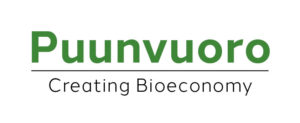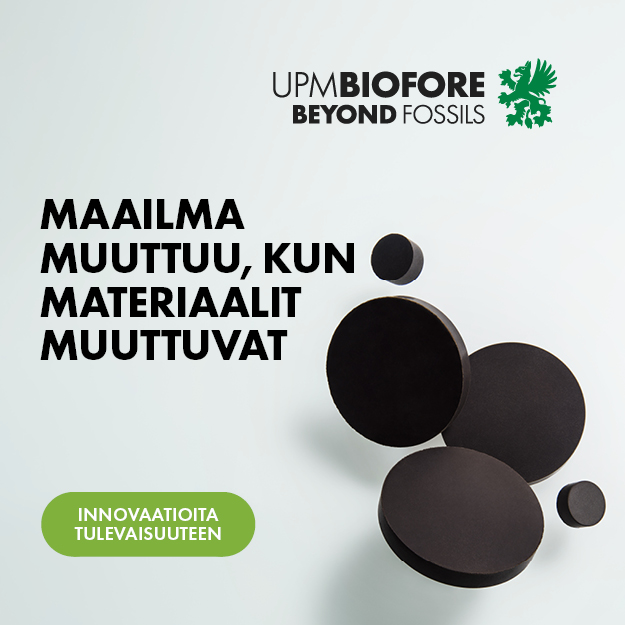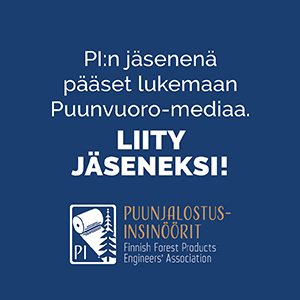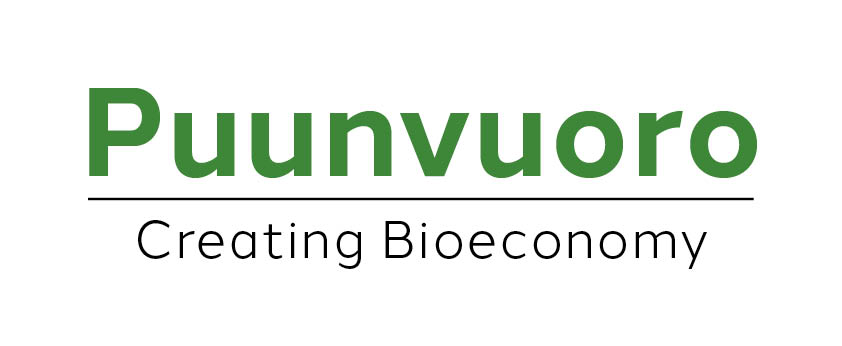The CEO of Technology Industries of Finland, Jaakko Hirvola, takes a positive view, even though demand in the technology industry is diminishing and the number of new orders has decreased.
“I have a feeling that companies will survive. Order books are still relatively strong,” he says.
The operating environment of export companies has changed radically over the last few years. During the coronavirus pandemic, production and supply chains had to be remade, and then Russia’s invasion of Ukraine forced companies to leave Russia, to seek new markets and overhaul their production chains.
According to Hirvola, this has made export companies more resilient than before.
“Companies were able to adapt to the conditions and make the necessary changes astoundingly quickly. At the same time, they have learned to pay attention to building resilience and security of supply – that is, they are also better prepared for future crises than before,” he states.
“I also believe that this kind of thinking is here to stay.”
Crises always also create new opportunities, and as an example, the defence industry is currently doing well.
“NATO membership helps the matter, and its impacts are not limited to the defence industry alone, but also apply to civilian technologies. NATO in itself purchases little, but NATO members buy from other NATO members, and now we are sitting at that same table. In the United States, Finland also has a foothold thanks to fighter plane acquisitions, meaning that trade relationships have been created that way as well.”
On the other hand, the government’s racism scandals have had a negative impact on Finland’s brand as a country.
“This particularly affects how foreign experts, that is, potential people coming here to work, see Finland. The technology industry needs 130,000 new employees, and Finland, small as it is, does not have enough workers. We are dependent on getting enough experts and operational staff alike to come here from abroad.”
The EU’s operating environment should be kept fair
The changed global situation has also affected industry policy.
“The United States is supporting its own industry, to which the EU is responding with similar state aid relief. At worst, the big countries will start to support their own industries with such large sums that Finland and other small countries cannot keep up. The operating environment in the EU must be kept fair, but that is difficult when France and Germany start to massively support their own industries. This is why we are trying to influence EU policy to avoid a state aid competition. We have to at least try to make sure that the public economy is not cut too much – seeing as state aid policy is contrary to savings objectives.”
Hirvola would rather see that funding is given to research, development and innovation activities, that is, the development of the future, than to supporting existing technologies.
“Everyone agrees that we should not compromise on RDI funding at least. It is good to keep in mind that, in the Finnish model, each public euro spent is reflected twofold in the private sector. It is smart to support development, because then growth and export revenue also comes from private investments. Unfortunately, we have fallen behind in public investments – in Sweden, for example, public investment is double relative to GDP. Funding should be increased to the agreed level.”
On the EU level, there is also a concern that energy policy, too, will follow the lead of large countries towards a stronger aid policy.
“It looks like France and Germany are heavily subsidising the strengthening of their own energy industries, while we in Finland would want to follow market-based principles. We have a good transmission network, the price of electricity is reasonable and a lot of new wind power is being built entirely in a market-based way. This makes trade and industry policy difficult.”
Prerequisites for growth
The green transition means a lot of business opportunities for the Finnish technology industry.
“Even now, half of Finnish exports are from the technology industry, and it is already comparatively clean. For example, when SSAB’s steel mill moves to fossil-free production, it is estimated to reduce Finland’s total emissions by 7 per cent, but up to two thirds of the technology industry’s emissions.”
The green transition’s exports include technology, solutions for improving energy efficiency, smart systems and digital expertise.
“We have a lot to export to those countries that are following behind. Sustainable growth has been promoted in every way at the heart of the technology industry for the past five years. Global demand is already good, but it will still become stronger.”
Hirvola highlights the mining industry as another success factor.
“Minerals are required for the industrial transition. Our mining industry is in a good position and we have many earth metals – the prerequisites for growth are there, as long as permits can be taken care of so that the entire value chain can be built here.”
Hirvola considers the lack of capital to be the biggest challenge:
“The operating environment should be made to be attractive to investors from around the world as well.”
3 x goals
1. Technology Industries of Finland’s guiding principle, looking out for Finland’s long-term interests, was the key reason for me starting in this position five years ago. In other words, we do not just consider the industry, we also think about how we can ensure that all of Finland does well. This principle spoke to me already then, and I still want to do my part in working for it now.
2. I want to find ways for Finland’s voice to be better heard in Brussels. Currently, it seems underrepresented.
3. I want to increase the technology industry’s attractiveness in the eyes of today’s youth and get them to understand all the good that technology can achieve if it is developed in the right way.
Jaakko Hirvola
– CEO, Technology Industries of Finland
– Education: M.Sc. (Eng.), Helsinki University of Technology
– Family: married, five adult children and four grandchildren aged 1–5.




